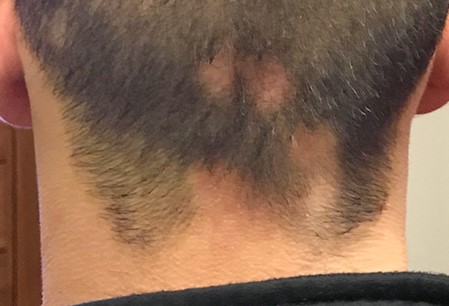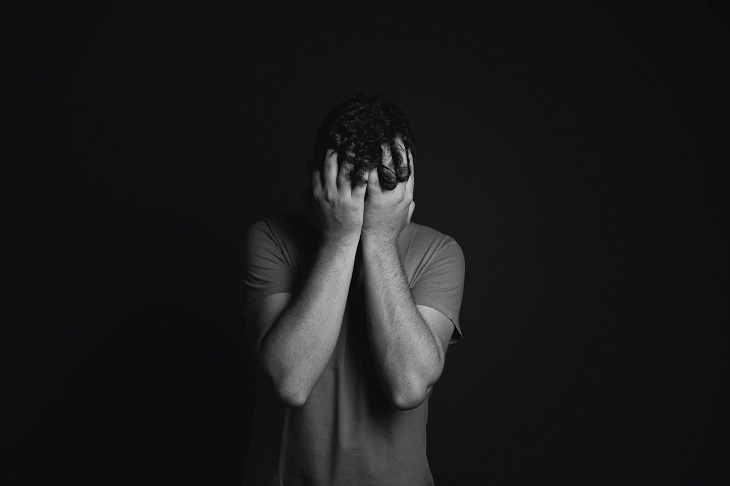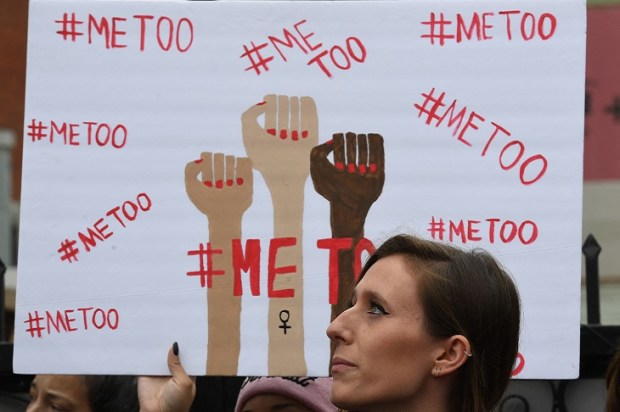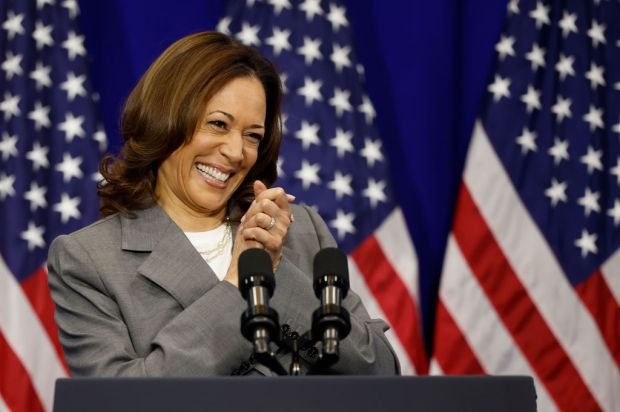A few years ago, an engaging young overseas-trained doctor arrived in one of our biggest cities to do post-graduate research. He was a popular and confident student, soon appointed to leadership roles at the university college where he was staying and thrilled to be part of its student community.
A photo of him taken a year later shows his hair starting to fall out (alopecia) through stress after monstrous treatment from his university following an unfounded, malicious sexual assault allegation.

Two years later, a jury took 20 minutes to dismiss the case following a two-week trial.
Already a subscriber? Log in
Subscribe for just $2 a week
Try a month of The Spectator Australia absolutely free and without commitment. Not only that but – if you choose to continue – you’ll pay just $2 a week for your first year.
- Unlimited access to spectator.com.au and app
- The weekly edition on the Spectator Australia app
- Spectator podcasts and newsletters
- Full access to spectator.co.uk


























Comments
Don't miss out
Join the conversation with other Spectator Australia readers. Subscribe to leave a comment.
SUBSCRIBEAlready a subscriber? Log in